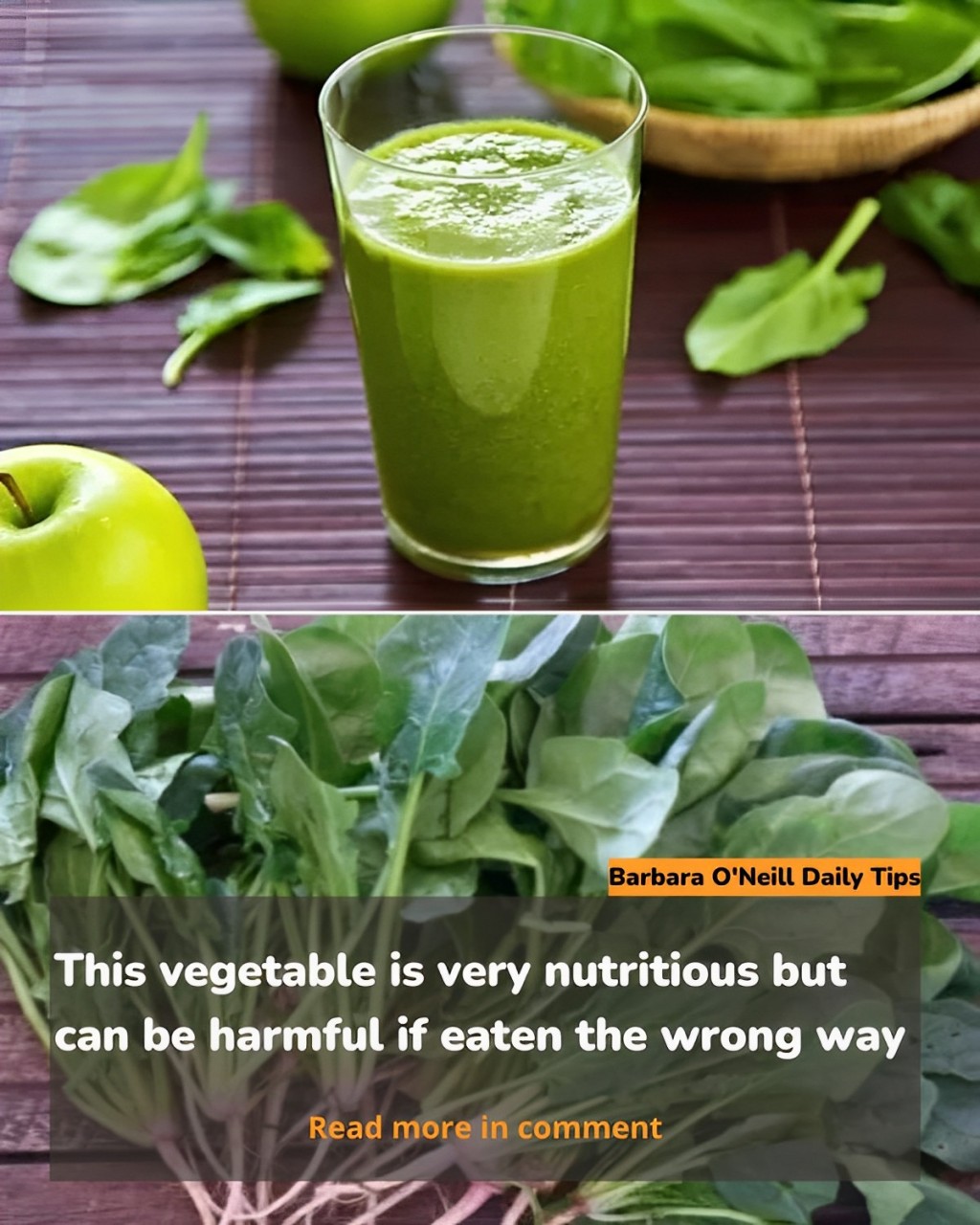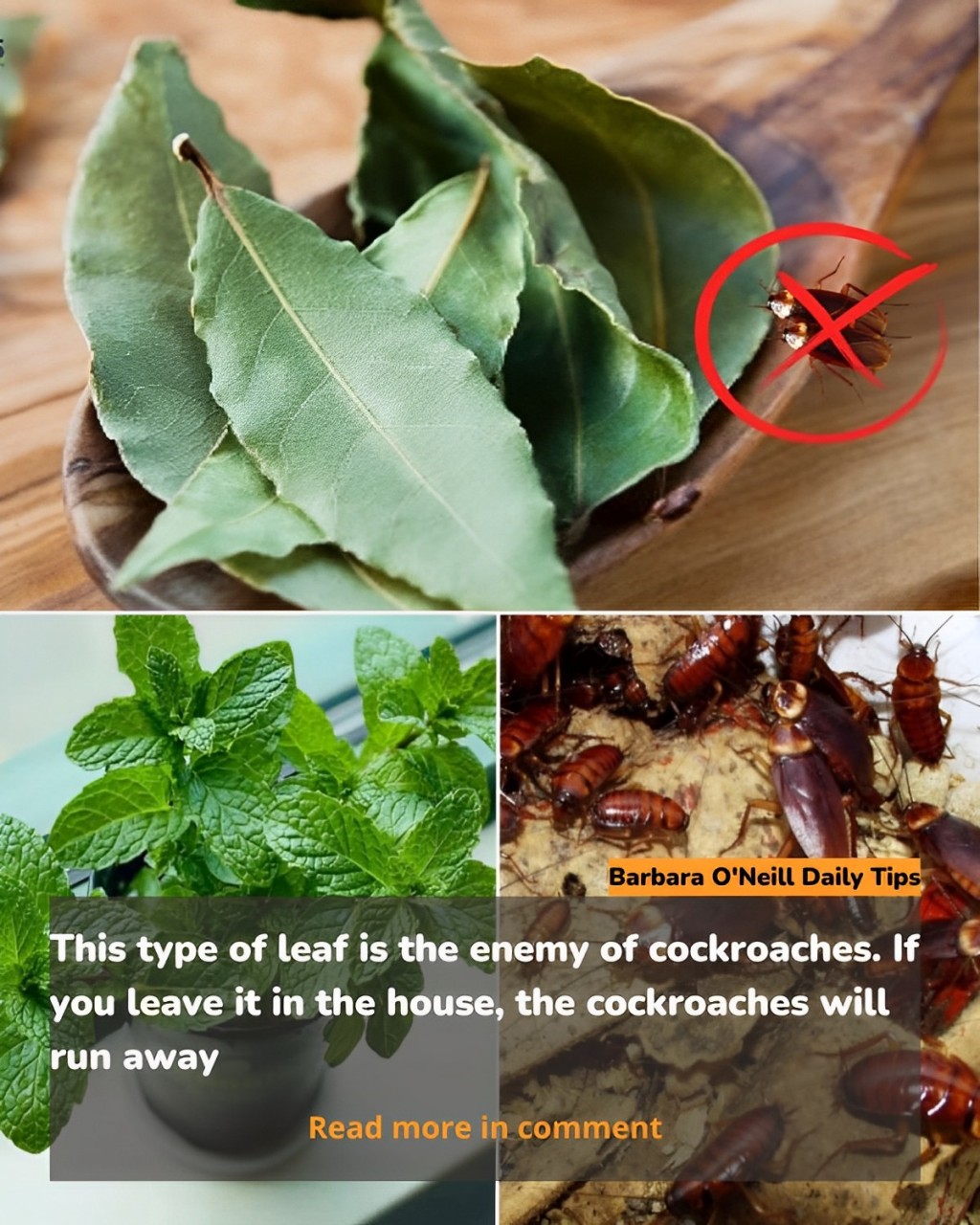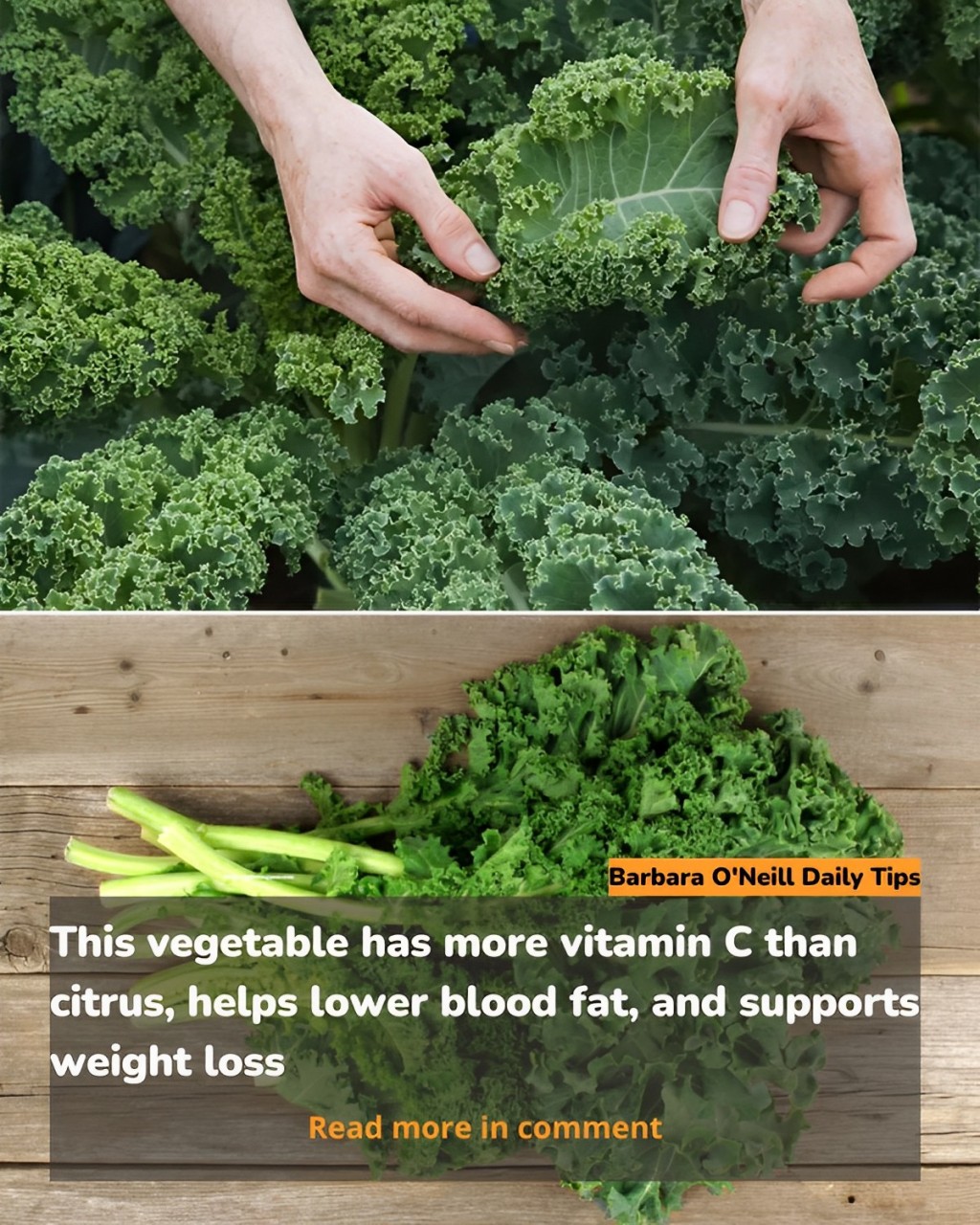The plantain is a wonderful herb to have in your natural medicine toolbox because of its tremendous therapeutic capabilities and the ease with which it can be obtained.
In spite of the fact that it is a common weed that can be seen growing in abundance in gardens, lawns, and along roadsides, plantain, also known as Planttago major, is a herb that is usually overlooked despite its potent nature.

Despite the fact that this perennial plant is not linked to the fruit that bears the same name, it is highly regarded in the field of herbal medicine due to the curative powers that it has.
In this article, we go into the plantain herb in great length, addressing its medicinal properties, how to recognize it, and the many methods in which it may be used successfully.
Distinguishing Features and Identifying Features
Typically, plantain is characterized by a rosette of dark green leaves that range in form from oval to lance and grow in close proximity to the ground. It is possible for the leaves to be fairly fibrous and stiff, and they have veins.
A flower spike is produced by the plant, which rises from the middle of the rosette and contains flowers that are very little and very unnoticeable.
Plantago major, also known as broadleaf plantain, and Plantago lanceolata, sometimes known as narrowleaf plantain, are the two types of plantain that are most often used for therapeutic reasons.
Benefits of Plantain for Healing 1. Wound Healing and Skin Care: Plantain leaves are widely regarded for their ability to heal wounds thanks to their anti-inflammatory properties. The presence of allantoin, a phytochemical that has anti-inflammatory properties and promotes the creation of new skin cells, is what makes them effective in accelerating the healing process.
In order to relieve inflammation and prevent infection, a poultice made from fresh plantain leaves that has been crushed or chewed may be put directly to wounds, ulcers, and burns before being administered. Additionally, owing to the astringent characteristics that it has, plantain has the potential to be a helpful treatment for acne as well as other skin disorders.
2. Health of the Respiratory System: Plantain has been used for centuries as a health cure for respiratory issues. The natural expectorant properties of this substance assist in the removal of congestion from the lungs and airways.

Additionally, it is used in the treatment of bronchitis, coughs, and colds. Its mucilage content helps to decrease discomfort produced by coughing and soothes sore throats so that they may be relieved.
Plantain is thought to be good for the digestive system, making it a potential digestive aid. It is well recognized for its ability to reduce inflammation and calm the mucous membranes of the digestive tract, making it an effective treatment for conditions such as irritable bowel syndrome (IBS), gastritis, and severe heartburn.
Because plantain leaves have a significant amount of fiber, they may assist to promote regular bowel movements, which in turn can help to avoid constipation.
4. Properties that are anti-inflammatory: Because the herb has a high concentration of naturally occurring anti-inflammatory components, it may be used for the treatment of disorders such as arthritis, gout, and other inflammatory diseases.
When it comes to alleviating pain and swelling, consuming plantain tea or using a poultice might be helpful.
Where to Get Plantain from?1. When used as a balm: Applying a poultice made of fresh plantain leaves may be beneficial for treating wounds, bug bites, and skin irritations. The leaves should be crushed or blended with a tiny quantity of water to produce a paste, and then the mixture should be applied directly to the afflicted region.
To create a plantain tea that is beneficial to your health, first dry the leaves and then soak them in water that is boiling. This might be very relaxing for illnesses that affect the respiratory system or the digestive system.
3. Plantain Salve: To make a salve that is effective in healing, first infuse plantain in a carrier oil such as coconut or olive oil for a period of several weeks, then filter the mixture, and then combine it with beeswax. Dry skin, rashes, and wounds are all good candidates for this treatment.
4. Plantain Tincture: A tincture may be prepared by soaking the dried or fresh plant in alcohol for a few weeks. This tincture can then be used to treat problems that are either internal or external.
Final ThoughtsPlantain is more than just a common weed; it is a powerful herbal treatment that has been used for millennia in a variety of different civilizations.
The plantain is a wonderful herb to have in your natural medicine toolbox because of its tremendous therapeutic capabilities and the ease with which it can be obtained.
Whether it is used topically, in the form of poultices, tinctures, salves, or teas, plantain provides a method that is both safe and effective for healing and supporting general health.





